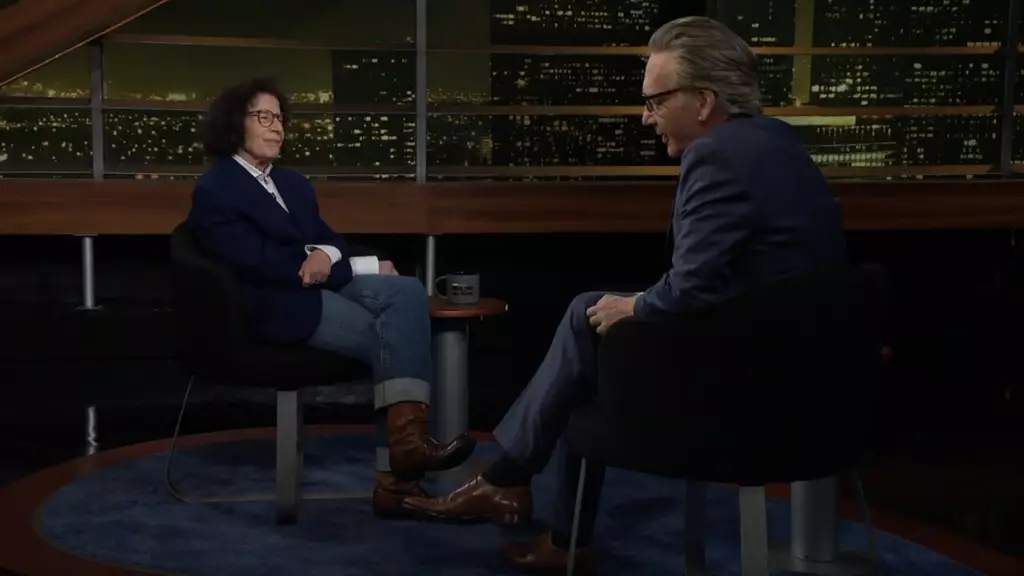In the wake of Sean ‘Diddy’ Combs’ recent legal troubles, discussions surrounding the pervasive culture of misconduct in the music industry have intensified. With allegations ranging from sexual harassment to serious crimes like rape, questions arise regarding the industry’s historical impunity and how certain high-profile figures have managed to escape scrutiny. Comedian Bill Maher’s inquiries into the systemic nature of these issues, particularly on his show “Real Time,” compel us to investigate why the music industry’s reckoning seems vastly delayed compared to other sectors.
A Culture of Impunity
The #MeToo movement, which gained momentum in 2017, exposed numerous cases of gender-based violence and misconduct predominantly in the film and media industries. Yet, as Maher highlighted, the music industry appears to be an afterthought in this larger conversation. The stark contrast between the swift accountability the likes of NPR faced and the enigmatic silence surrounding stars like Combs prompts one to consider what allows such a culture to flourish without consequence.
Maher provocatively noted that the music industry remains “an open cesspool of misogyny.” This language underscores the severity of the allegations and the troubling normalization of toxic behaviors. Despite significant allegations against influential figures, many in the industry reportedly turn a blind eye, raising questions about complicity and the moral responsibility of those who uphold the status quo.
Fran Lebowitz’s observation about the capitalist underpinnings of the music industry sheds light on why certain allegations go unaddressed. The immense profitability derived from music and celebrity culture creates a complex web, where commercial interests often outweigh ethical considerations. The potential loss of revenue due to scandal or controversy may lead industry executives to prioritize financial stability over moral integrity, enabling detrimental behavior and silencing survivors.
Additionally, the stories surrounding Combs, which have circulated for years yet remained largely unchallenged, beg another key question: Are these not just state secrets withheld from public knowledge, but rather an indictment of society’s willingness to tolerate them? It indicates that many narratives of abuse are overshadowed by a fear of repercussions that could jeopardize careers or financial success.
As more individuals come forward with their experiences against Combs, it represents a significant shift in how survivors feel empowered to speak out. The recent lawsuit filed by a victim emerging from the dark shadows that protected perpetrators signifies a potential turning point. It reflects a growing recognition that the music industry cannot continue to evade accountability much longer, even amid historical precedents of silence.
The convergence of public discourse, legal action, and survivor testimonies may create momentum for change in a domain that has traditionally prioritized celebrity over ethics. Nevertheless, it still remains imperative for industry players—artists, executives, and fans alike—to foster an environment that promotes transparency and justice, ensuring that such harmful behaviors are addressed unequivocally.
The challenge ahead is formidable, yet the call for accountability within the music industry is more urgent than ever. Guided by conversations led by figures like Bill Maher and the courage of survivors, society must confront the uncomfortable truths about institutional injustice. The time has come for the music world to face its demons and acknowledge the critical importance of fostering a safe environment that values human dignity over financial gain. In doing so, we can hope for a future where the music industry becomes a beacon of empowerment rather than a harbinger of abuse.

